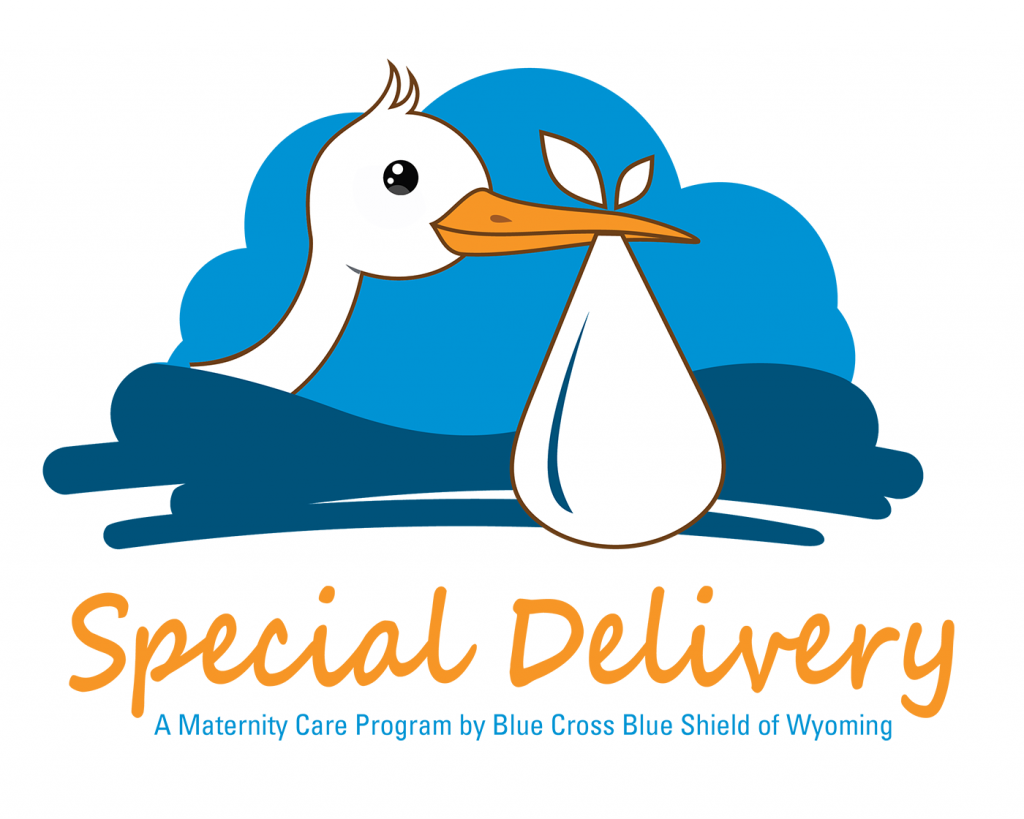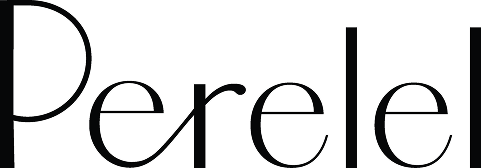prenatal vitamins
Improving maternal health outcomes and supporting families
Ensuring a healthy pregnancy starts with proper nutrition, and prenatal vitamins play a crucial role in supporting both mother and baby. These specially formulated supplements provide essential nutrients like folic acid, iron, calcium, and DHA, which help promote fetal development, reduce the risk of birth defects, and support maternal health. Since pregnancy increases the body’s nutritional demands, prenatal vitamins help fill any gaps in a mother’s diet, ensuring that both she and her growing baby receive the vital nutrients they need.
Introducing Perelel
Perelel is the first OB/GYN-founded prenatal vitamin company. Our vitamin packs are designed to change with you, delivering targeted nutrition that meets your bodies’ needs through every stage of life—especially pregnancy.
Selecting a Prenatal Vitamin
The reality is many prenatal vitamins have different levels of each ingredient as different theories and studies show one as more important than the other. Below are some of the key ingredients and the levels of those ingredients that may help you select a prenatal vitamin. You should also consult with your physician about what may be most beneficial to you and meet your specific health needs.
Folic acid
400 mcg/day
Folic Acid
According to the American College of Obstetricians and Gynecologists, prenatal vitamins should include at least 400 micrograms (mcg) of folic acid per day.1 Folate occurs in different forms including natural food form of folate and folic acid in fortified foods and some supplements. Needs are particularly important leading up to conception and in the first 12 weeks of pregnancy to support development.Iron
27 mg/day
Iron
Iron is utilized by the body to produce the additional blood needed to support both the mother and developing baby during pregnancy. Women who are not pregnant require 18 mg of iron daily, while pregnant women need 27 mg daily to meet these increased demands. This recommended amount can typically be obtained through prenatal vitamins combined with a well-balanced diet. Iron-rich foods include meat, eggs, leafy green vegetables, legumes and beets.1Calcium
1,000 mg/day
Calcium
Calcium is a mineral essential for your baby’s bone and tooth development. You require 1,000 mg daily, which can be obtained through a combination of dietary sources and prenatal vitamins. Milk and other dairy products, including cheese and yogurt, provide the most bioavailable sources of calcium. For those who experience difficulty digesting dairy products, alternative calcium sources include broccoli, fortified foods such as cereals, breads, and juices, almonds and sesame seeds, canned sardines or anchovies with bones, and dark green leafy vegetables.Omega-3 fatty acid DHA
250 mg/day
Omega-3 Fatty Acid DHA
Omega 3 fatty acids are naturally found in foods like seafood and the fatty acids DHA and EPA are critical nutrients for fetal growth and development, especially for brain and eyes development. The National Institutes of Health expert prenatal guidelines acknowledge that experts recommend women of childbearing age consume at least 250 mg /day of DHA plus EPA from diet or supplements, and an additional 100 to 200 mg/day of DHA during pregnancy.3Vitamin D
600 IU/day
Vitamin D
According to the American Academy of Family Physicians, prenatal vitamins should include at least 600 international units (IU) of vitamin D.2 Vitamin D is naturally found in foods like fortified dairy milk, but about 90% of pregnant women have intakes below recommendations.1American College of Obstetricians and Gynecologists. (n.d.). Good health before pregnancy: Prepregnancy care. ACOG. Retrieved March 20, 2025, from https://www.acog.org/womens-health/faqs/good-health-before-pregnancy-prepregnancy-care
2American Academy of Family Physicians. (2020, October 1). Preconception health care. Retrieved March 20, 2025, from https://www.aafp.org/pubs/afp/issues/2020/1001/p420.html#afp20201001p420-sort3
3National Institutes of Health. Office of Dietary Supplements. Dietary Supplements and Life Stages: Pregnancy. Retrieved June 26, 2025 from https://ods.od.nih.gov/factsheets/Pregnancy-HealthProfessional
Purchasing Prenatal Vitamins
- Visit online retailers with subscription services like Perelel
- Visit your local pharmacy or grocery for over the counter products
Some plans offered by BCBSWY may have access to Perelel prenatal vitamins at no cost to you. To determine if you are eligible for this benefit, contact our Population Health team.
Call: 1-866-204-7132
Email: [email protected]
Prenatal vitamins shipped straight to your front door from the first OB/GYN founded prenatal vitamin company. More →

